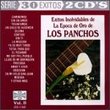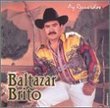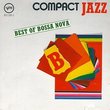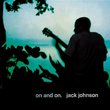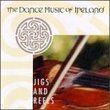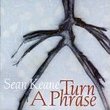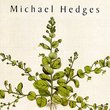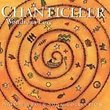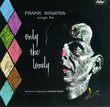| All Artists: John Johnson, Robert Johnson, Thomas Morley, Daniel Bacheler, Barick Bulman, William Byrd, Francis Cutting, John Dowland, Anthony Holborne, Julian Bream Title: The Golden Age of English Lute Music Members Wishing: 2 Total Copies: 0 Label: RCA Release Date: 5/21/1996 Album Type: Import Genres: Dance & Electronic, Special Interest, Classical Styles: Chamber Music, Historical Periods, Baroque (c.1600-1750), Classical (c.1770-1830), Instruments, Strings Number of Discs: 1 SwapaCD Credits: 1 UPC: 090266158423 |
Search - John Johnson, Robert Johnson, Thomas Morley :: The Golden Age of English Lute Music
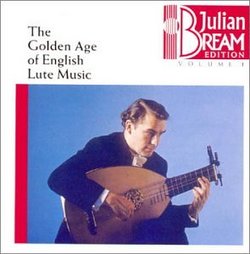 | John Johnson, Robert Johnson, Thomas Morley The Golden Age of English Lute Music Genres: Dance & Electronic, Special Interest, Classical
|
Larger Image |
CD DetailsSimilar CDs
Similarly Requested CDs
|
CD ReviewsGOLDEN AGE OF BREAM DAVID BRYSON | Glossop Derbyshire England | 02/06/2006 (5 out of 5 stars) "This disc comprises 24 pieces recorded during the 60's by Bream then sporting a fine head of hair. The first 15 were done in the Decca studios in London in 1960, the other 9 are from two separate live recitals in America in 1963, and there is applause after track 19 and track 24. Despite the age of the recordings, the quality (particularly in the studio) is good enough to satisfy all but the most exacting experts. As for the playing, the niceties of 'authenticity', whether regarding the instrument that Bream uses or the style he adopts, seem to me transcendentally unimportant. What I find a lot more significant is the beauty of tone, the subtlety and alertness of rhythm, the infallible-seeming finger-technique, the variety and resourcefulness of the colouring and the clarity when part-playing is called for - all the things that make Bream the special and unique genius that he is, as a lutenist just as much as in his guitar-playing.
One of the American selections consists of 4 pieces by Byrd, the other of 5 by Dowland, for whose work Bream seems to have a special affinity - I own a particularly fine Bream LP dedicated to Dowland, which I hope may see reissue on cd by and by. There are three other Dowland numbers among the studio performances, and the others are by a variety of less-known composers, some of them names I know others not, but all good-quality stuff, or so they seem to me. The liner is fairly basic in what it tells us, partly of course because little is known about some of the composers, even their dates of birth and decease having to be given approximately. What I would like to have seen explained more clearly is the precise status of the `popular tunes'. Greensleeves is here for one, although not exactly in the shape we know nowadays, as for example in the fantasia that Vaughan Williams wrote around it. On this disc it is attributed to one Francis Cutting and it's described, whether intentionally or through inadvertence, as a folk song. It doesn't sound any folk-song to me (not that I complain about that) and the liner-note writer makes no reference to one possible author I have often seen given the credit for it, namely Henry VIII, and I suppose that this is because he does not deserve such a mention. I was particularly pleased to see that I had acquired my second performance, in a collection that to this day does not have all the symphonies of Mahler nor even all Beethoven's piano sonatas, of the Carman's Whistle, a ditty of the demi-monde. This is a disc that I would wish to recommend to music-lovers in general and not just to enthusiasts for `ancient music'. The compositions themselves are attractive and a number of them show real depth. The selection has been done carefully, with an adept mixture of lively and introspective numbers, and the whole set seems to be over in less than its actual 66 minutes. As for the playing, enthusiasts for one of the greatest instrumental artists of what I suppose I should now call the previous generation will find another treasure here. The liner-writer talks coyly about changes in Bream's style over the decades. That took place from him as it did from other great performing musicians, but what did not change was the sheer quality of it, and this superb set is a welcome reminder of that." |

 Track Listings (24) - Disc #1
Track Listings (24) - Disc #1